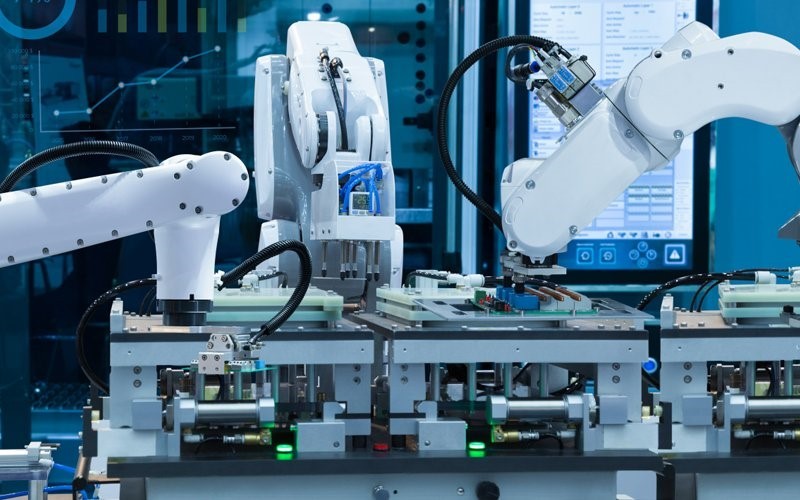
KUALA LUMPUR: Malaysia’s semiconductor industry, which makes up 13% of the global chip assembly and testing market share, is set to benefit from the United States’ CHIPS and Science Act.
An acronym for Creating Helpful Incentives to Produce Semiconductors and Science Act, the Act commits over US$280 billion (RM1.25 billion) in federal funding which includes US$52.7 billion in subsidies to support semiconductor production and research in the US.
Malaysia Semiconductor Industry Association (MSIA) president Wong Siew Hai said under the Act, which President Joe Biden signed on Aug 9, 2022, the world’s largest economy is expected to build state-of-the-art chip fabrication (fab) plants with process technology of seven nanometres or below.
“If they build more leading-edge fabs like this in the US, they will need more assembly and testing services, as the current capacity will not be enough to cater to the new fab capacity.
“From that perspective, Malaysia would benefit because the country is still one of the most attractive and competitive places for investment compared with other Southeast Asian countries.
“This is attributed to the country’s 50 years of industry experience, business-friendly government, good infrastructure and talents, as well as an English-speaking workforce,” he told Bernama when contacted.
Asked if the Act would affect Malaysia’s fabs’ competitiveness, Wong shrugged off the concern as he said currently, there are only two fabs with less leading-edge technology in the country.
“Basically, Malaysia will not be affected at all as we do not have the cutting-edge fabs, so we do not compete in this area,” he said.
While new technology is anticipated to be transferred to the assembly and testing segment following the establishment of new fabs in the US, Wong hoped the government could incentivise companies in Malaysia to help them grow in order to compete with its Southeast Asian peers.
Meanwhile, he said instead of continuously focusing on strongholds like assembly and testing as well as automation solutions and equipment areas, the government should make efforts to attract more fab investments into Malaysia, as many firms had started to design integrated circuits (IC).
Moving forward, Wong cited an industrial market forecast as saying that global total semiconductor sales are expected to rise at a compound annual growth rate of 7.1% over the next five years.
“That could be driven by higher demand from industries like automotive, cloud computing, 5G, aerospace, medical devices and artificial intelligence,” he said.
Source: https://www.freemalaysiatoday.com/category/business/local-business/2022/08/15/semiconductor-industry-to-benefit-from-us-chips-and-science-act/

